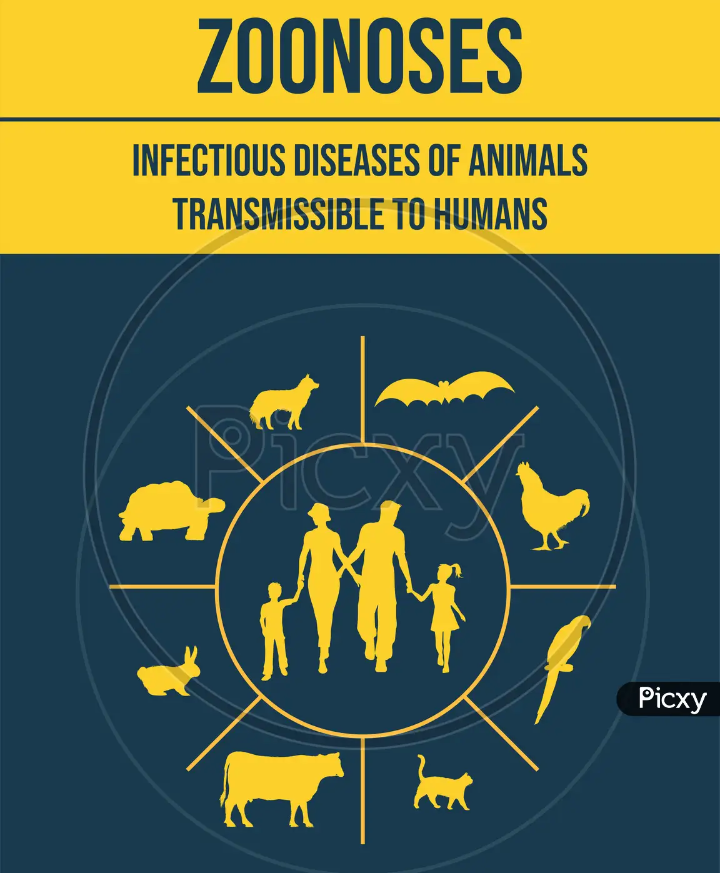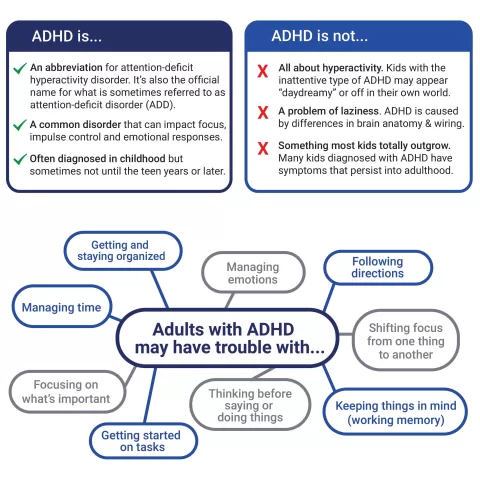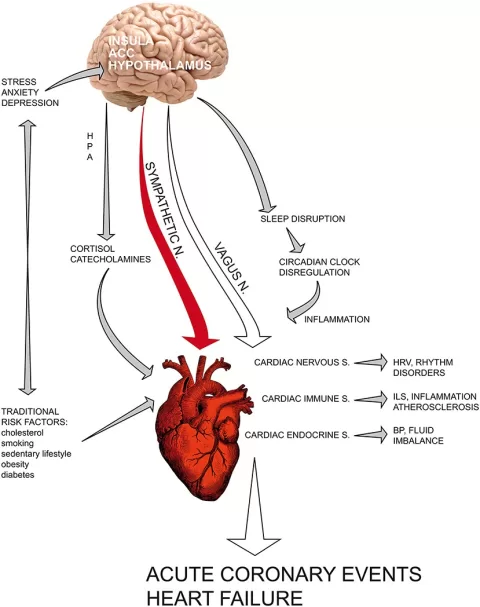The Zoonotic Disease Program plays a vital role in safeguarding public health by addressing the prevention and control of zoonotic diseases in King County. By collaborating with veterinarians and medical professionals, the program investigates potential cases of animal diseases that can be transmitted to humans, ensuring early detection and response. With a commitment to the One Health approach, the program not only focuses on animal health but also recognizes the interconnectedness of human, animal, and environmental health. Additionally, the Zoonotic Disease Program oversees licensing and inspection of pet businesses, promoting compliance with pet business regulations to enhance disease prevention efforts. Through active surveillance and targeted interventions, the program works tirelessly to mitigate health risks posed by zoonotic diseases, ensuring a safer community for all.
The initiative dedicated to combating zoonotic diseases effectively serves both the human population and the surrounding environment. This program emphasizes a holistic view of health, aligning with the One Health philosophy that integrates the health of people, animals, and ecosystems. By consulting with animal health programs and medical professionals, it addresses potential outbreaks, fostering a proactive stance on disease prevention. Furthermore, regulations surrounding pet businesses are crucial to maintain public safety and minimize disease transmission risks. Overall, this comprehensive approach ensures that communities remain informed and protected from the threats posed by diseases that can be shared between animals and humans.
Understanding Zoonotic Diseases: Definition and Impact
Zoonotic diseases are infections that can be transmitted between animals and humans. These diseases pose a significant public health threat, as they can lead to serious health complications and outbreaks. With the increasing interaction between humans and animals, understanding zoonotic diseases is crucial for effective disease prevention strategies. Common zoonotic diseases include rabies, West Nile virus, and various strains of influenza, which can originate from wildlife or domesticated animals. The Zoonotic Disease Program plays a vital role in monitoring these diseases and providing valuable information to the residents of King County.
The impact of zoonotic diseases extends beyond individual health; they can affect entire communities and ecosystems. For instance, outbreaks can lead to extensive economic losses in sectors such as agriculture and tourism. It is essential to implement effective surveillance and control measures to mitigate these impacts. The One Health approach adopted by the Zoonotic Disease Program emphasizes the interconnectedness of human, animal, and environmental health, thereby fostering a collaborative effort in preventing and addressing zoonotic diseases.
The Role of the Zoonotic Disease Program in Disease Prevention
The Zoonotic Disease Program serves as a crucial resource in the prevention and control of zoonotic diseases within King County. By consulting with veterinarians and medical professionals, the program monitors potential cases of zoonotic diseases in animals, ensuring that immediate action can be taken to protect public health. Additionally, the program conducts investigations into animal outbreaks, helping to identify the source and implement necessary control measures. This proactive approach not only protects individuals but also contributes to the broader goal of community health.
Moreover, the program provides on-site recommendations for infection control at animal exhibits, such as fairs and farm tours. This aspect of the program is particularly important during events where large groups of people interact with animals, as it minimizes the risk of disease transmission. Through active surveillance for diseases like West Nile virus, the Zoonotic Disease Program remains vigilant in its efforts to prevent and control these public health threats, reinforcing the importance of ongoing education and awareness among the community.
One Health Approach: Integrating Human, Animal, and Environmental Health
The One Health approach is a comprehensive strategy that recognizes the interdependence of human, animal, and environmental health. By fostering collaboration among various professionals, including veterinarians, medical experts, and environmental scientists, the Zoonotic Disease Program aims to address complex health issues that arise from the interplay between these three domains. This holistic perspective is particularly relevant in the context of zoonotic diseases, as they often originate from environmental factors and the close proximity of humans and animals.
Implementing the One Health approach allows for more effective monitoring and management of health threats. For instance, understanding the environmental conditions that contribute to the spread of vector-borne diseases or antibiotic resistance is essential for developing targeted interventions. The Zoonotic Disease Program is committed to this approach, ensuring that efforts are coordinated across disciplines to enhance disease prevention strategies and promote overall public health.
Pet Business Regulations: Ensuring Animal Health and Safety
The Zoonotic Disease Program is also responsible for regulating pet businesses, which play a vital role in animal health and safety. By licensing and inspecting facilities such as pet shops, boarding kennels, and pet daycare businesses, the program ensures that these establishments adhere to strict health standards. This regulation is crucial in preventing the spread of zoonotic diseases, as healthy animals are less likely to transmit infections to humans.
In addition to inspections, the program responds to complaints about pet businesses, providing a mechanism for the community to voice concerns regarding animal welfare. By addressing these issues, the Zoonotic Disease Program not only protects public health but also promotes responsible pet ownership and care. Educating pet business owners about disease prevention and best practices further enhances the health of both animals and humans in the community.
Active Surveillance: Monitoring for Zoonotic Diseases
Active surveillance is a critical component of the Zoonotic Disease Program, allowing for the early detection of zoonotic diseases. By monitoring animal populations and their interactions with humans, the program can identify potential outbreaks before they escalate into public health crises. This proactive measure involves regular assessments and data collection, ensuring that any signs of disease are promptly addressed.
For example, the program conducts surveillance for diseases such as West Nile virus, which can have severe consequences for both animal and human populations. By tracking vectors and monitoring disease prevalence in wildlife, the Zoonotic Disease Program can provide timely updates and recommendations to the community, enhancing overall disease prevention efforts. This ongoing vigilance is essential to safeguard public health and mitigate the risks associated with zoonotic diseases.
Resources for Veterinarians: Supporting Animal Health Programs
The Zoonotic Disease Program offers valuable resources for veterinarians, empowering them to effectively manage zoonotic diseases within their practices. Resources such as the Vet Updates newsletter and the zoonotic disease reference manual provide essential information on disease identification, reporting requirements, and prevention strategies. These tools are vital for veterinarians to stay informed about emerging zoonotic threats and best practices in animal health.
By supporting veterinarians through education and resources, the program fosters a collaborative environment that enhances overall animal health initiatives. This partnership is integral to the One Health approach, as veterinarians play a crucial role in monitoring animal populations and identifying potential zoonotic risks. By equipping veterinary professionals with the necessary knowledge, the Zoonotic Disease Program contributes to a healthier community and reduces the incidence of zoonotic diseases.
Guidelines for Animal Disposal and Biomedical Waste Management
Proper disposal of dead animals and biomedical waste is essential in preventing the spread of zoonotic diseases. The Zoonotic Disease Program provides guidelines to ensure that individuals and businesses handle animal remains safely and responsibly. By following these guidelines, potential health risks associated with improper disposal can be minimized, safeguarding both human and animal health.
The program emphasizes the importance of adhering to local regulations when disposing of animal carcasses. This includes considerations for environmental protection and public safety, as decomposing animals can attract pests and contribute to the spread of disease. By educating the community on safe disposal practices, the Zoonotic Disease Program helps mitigate health risks and promotes responsible stewardship of the environment.
Identifying High-Risk Populations for Zoonotic Diseases
Certain populations are at a higher risk of contracting zoonotic diseases, including immunocompromised individuals and those working closely with animals. The Zoonotic Disease Program recognizes the importance of providing targeted resources and education for these vulnerable groups. By raising awareness about the risks and preventive measures, the program aims to protect those most susceptible to zoonotic infections.
Resources available to high-risk populations include educational materials on zoonotic diseases and recommendations for safe interactions with animals. By fostering understanding and providing support, the Zoonotic Disease Program empowers individuals to take proactive steps in safeguarding their health. This targeted approach is essential in reducing the incidence of zoonotic diseases and promoting overall community health.
Community Engagement: Raising Awareness about Zoonotic Diseases
Community engagement is a vital aspect of the Zoonotic Disease Program’s efforts to raise awareness about zoonotic diseases. By hosting workshops, informational sessions, and outreach initiatives, the program educates residents about the risks associated with zoonotic infections and the importance of preventive measures. Engaging the community fosters a culture of awareness and responsibility, empowering individuals to take charge of their health and the health of their pets.
In addition to educational efforts, the program encourages public participation in surveillance and reporting of zoonotic diseases. By involving the community in these initiatives, the Zoonotic Disease Program enhances its capacity to identify and respond to health threats promptly. This collaborative approach not only strengthens community ties but also reinforces the importance of a united front in the fight against zoonotic diseases.
Frequently Asked Questions
What is the Zoonotic Disease Program and its role in disease prevention?
The Zoonotic Disease Program aims to educate King County residents about the prevention and control of zoonotic diseases. It consults with veterinarians and medical professionals regarding potential zoonotic disease cases and investigates outbreaks. By offering on-site infection control recommendations and conducting active surveillance, the program plays a critical role in disease prevention within the community.
How does the One Health approach apply to the Zoonotic Disease Program?
The One Health approach is central to the Zoonotic Disease Program, as it recognizes the interconnected health of people, animals, and the environment. This program collaborates with healthcare providers, veterinarians, and environmental scientists to monitor zoonotic diseases and mitigate public health threats, ensuring a comprehensive strategy for disease prevention.
What services does the Zoonotic Disease Program provide for pet businesses?
The Zoonotic Disease Program regulates pet businesses in Seattle, including pet shops, daycare facilities, and grooming services. It licenses and inspects these establishments, responds to complaints, and ensures they comply with health regulations to prevent the spread of zoonotic diseases.
How can pet owners access resources about zoonotic diseases through the Zoonotic Disease Program?
Pet owners can access valuable resources about zoonotic diseases via the Zoonotic Disease Program’s downloadable materials, including ‘Zoonotic Diseases: Information for Pet Owners.’ This program also offers a comprehensive index of diseases categorized by animals, helping pet owners understand risks associated with their pets.
What actions does the Zoonotic Disease Program take during an outbreak investigation?
During an outbreak investigation, the Zoonotic Disease Program consults with veterinary and medical professionals, investigates animal cases, and implements infection control measures. These actions are essential for controlling zoonotic diseases and protecting public health.
Who is at higher risk of contracting zoonotic diseases according to the Zoonotic Disease Program?
Individuals who are immunocompromised or have weakened immune systems are at higher risk of contracting zoonotic diseases. The Zoonotic Disease Program provides resources and guidance specifically tailored for these vulnerable populations to help mitigate their risk.
What are vector-borne diseases and how are they related to the Zoonotic Disease Program?
Vector-borne diseases are illnesses transmitted by vectors like mosquitoes and ticks, many of which are classified under zoonotic diseases. The Zoonotic Disease Program actively conducts surveillance for such diseases, including West Nile virus, to prevent their spread and protect community health.
How does the Zoonotic Disease Program assist animal shelters in disease prevention?
The Zoonotic Disease Program assists animal shelters by providing guidelines and recommendations for disease prevention, ensuring that the health of both animals and the public is safeguarded during shelter operations.
Where can I find contact information for the Zoonotic Disease Program?
You can contact the Zoonotic Disease Program at 401 5th Ave, Suite 1100, Seattle, WA 98104, or by phone at 206-263-9566. For email inquiries, reach out to animaldiseasespublichealth@kingcounty.gov.
What educational materials are available through the Zoonotic Disease Program?
The Zoonotic Disease Program offers various educational materials, including downloadable resources and newsletters for veterinarians. These materials provide essential information on zoonotic diseases and help raise awareness among pet owners and health professionals.
| Key Point | Details |
|---|---|
| Consultation with Professionals | Works with veterinarians and medical professionals to address zoonotic disease cases in animals. |
| Investigation of Outbreaks | Investigates animal cases or outbreaks of zoonotic diseases. |
| Infection Control Recommendations | Provides on-site infection control advice for animal exhibits like fairs and farm tours. |
| Active Surveillance | Conducts active surveillance for diseases such as West Nile virus. |
| Pet Business Regulation | Licenses and inspects pet shops, boarding kennels, and daycare businesses in Seattle. |
| Disease Prevention in Shelters | Helps with disease prevention measures at animal shelters. |
| One Health Approach | Collaborates with various professionals to address public health threats related to zoonoses. |
| Resources for Veterinarians | Offers newsletters and reference materials about zoonotic diseases. |
| Animal Disposal Guidance | Provides instructions on how to properly dispose of dead animals. |
| Support for High-Risk Individuals | Resources for immunocompromised individuals at greater risk for zoonotic diseases. |
Summary
The Zoonotic Disease Program plays a crucial role in safeguarding public health by preventing and controlling zoonotic diseases. This program not only collaborates with healthcare professionals and veterinarians but also actively investigates outbreaks and provides essential resources to pet businesses and shelters. Through a comprehensive One Health approach, the program addresses health issues that span across humans, animals, and the environment, ensuring a well-coordinated response to zoonotic threats. As such, the Zoonotic Disease Program is an invaluable resource for King County residents, offering guidance, support, and expertise in managing the interconnected health challenges posed by zoonotic diseases.
The content provided on this blog (e.g., symptom descriptions, health tips, or general advice) is for informational purposes only and is not a substitute for professional medical advice, diagnosis, or treatment. Always seek the guidance of your physician or other qualified healthcare provider with any questions you may have regarding a medical condition. Never disregard professional medical advice or delay seeking it because of something you have read on this website. If you believe you may have a medical emergency, call your doctor or emergency services immediately. Reliance on any information provided by this blog is solely at your own risk.







